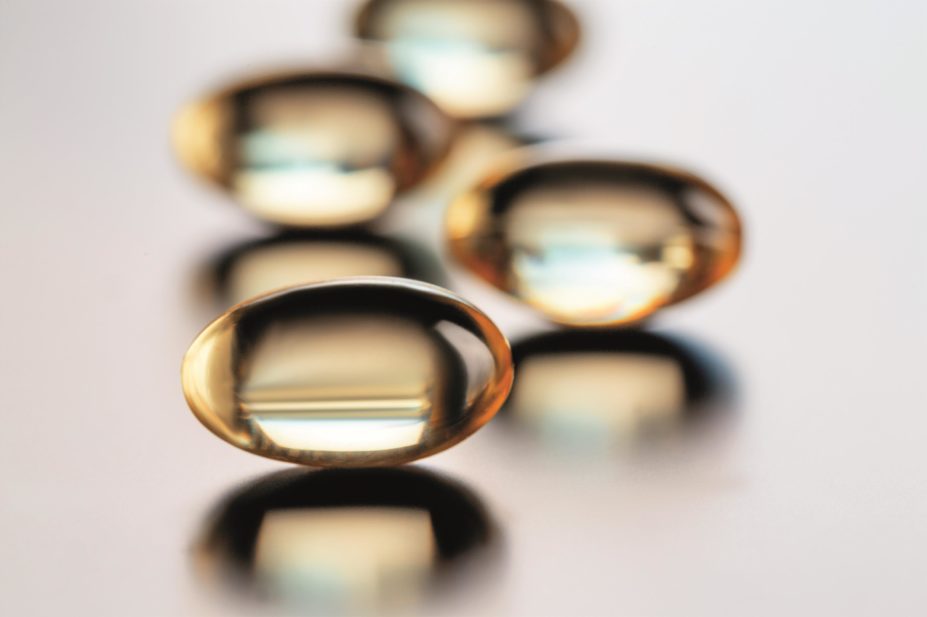
Shutterstock.com
Major depressive disorder (MDD) results in prolonged low mood and disinterest in all activities, which can be debilitating. The condition is also difficult to treat and prone to recurrence.
It has been suggested that n-3 polyunsaturated fatty acids, also known as omega-3 oils, could have a role in treating MDD, but studies have been largely inconclusive.
A Cochrane review[1]
looked at evidence for omega-3 supplementation in MDD from 25 placebo-controlled trials and one trial that compared supplementation with antidepressant treatment.
The reviewers found a small to moderate benefit of supplementation on depressive symptoms compared with placebo, but concluded that the magnitude was unlikely to be clinically meaningful. Furthermore, the team says the quality of the evidence was low.
“Further evidence, in the form of adequately-powered, well-designed trials, is clearly required before firm conclusions can be drawn,” the reviewers conclude.
References
[1] Appleton KM, Sallis HM, Perry R et al. Omega-3 fatty acids for depression in adults. The Cochrane Library 2015. doi:10.1002/14651858.CD004692.pub4


